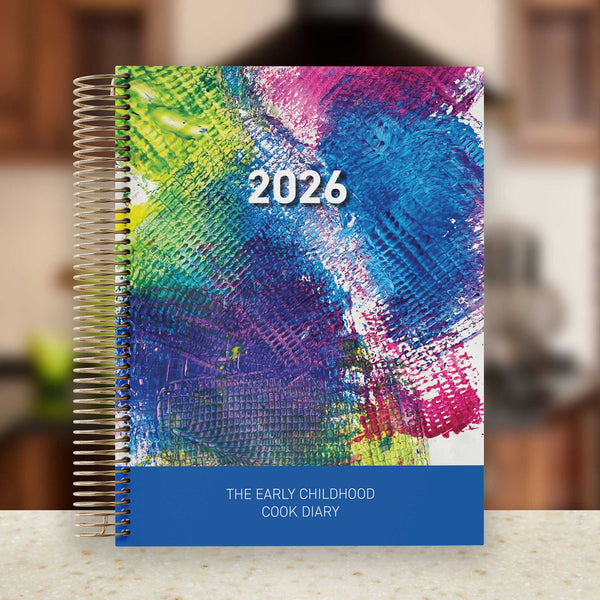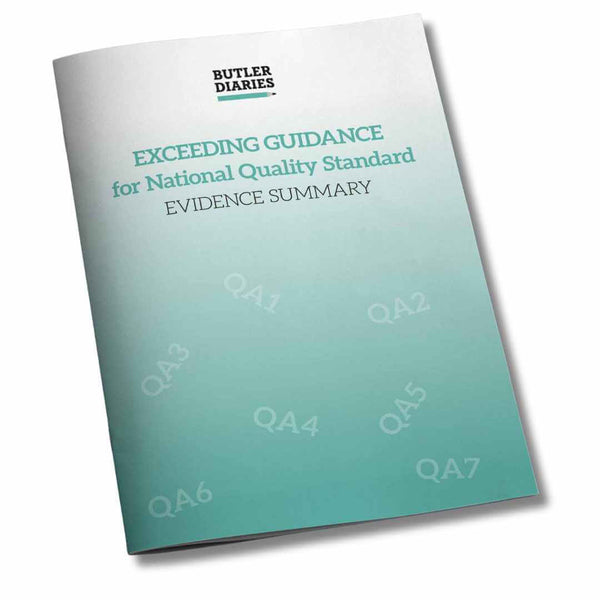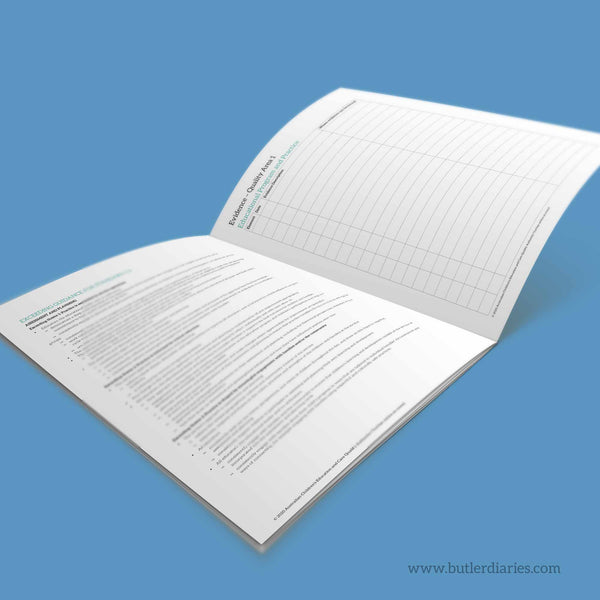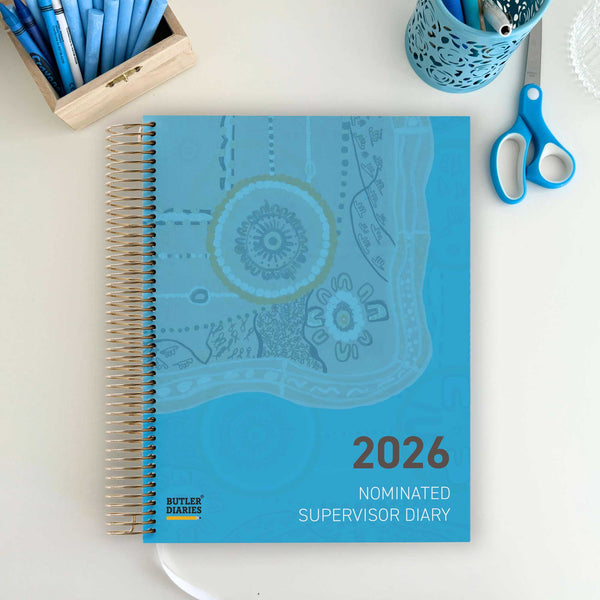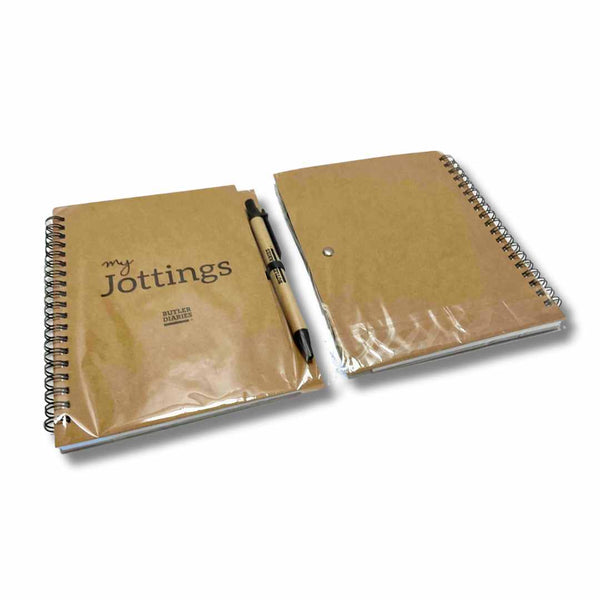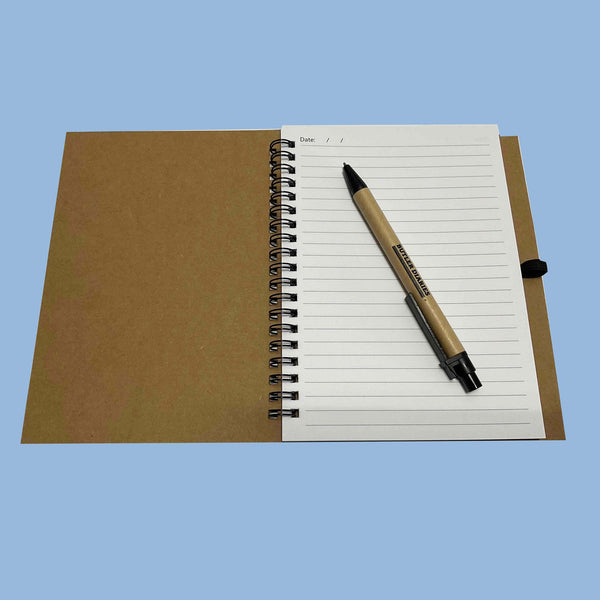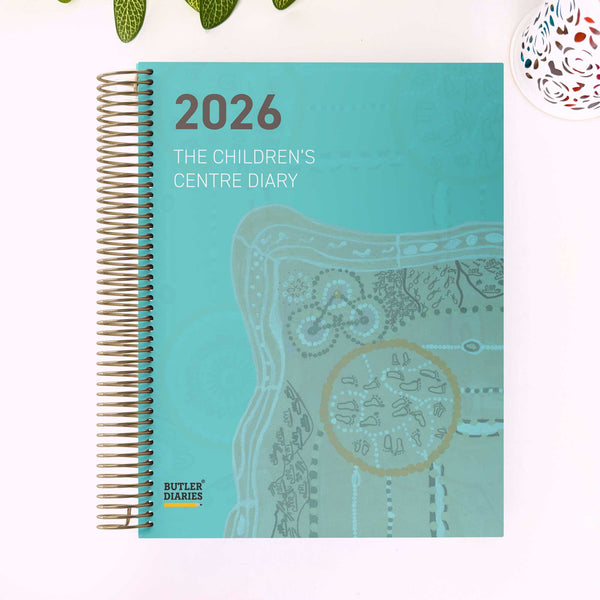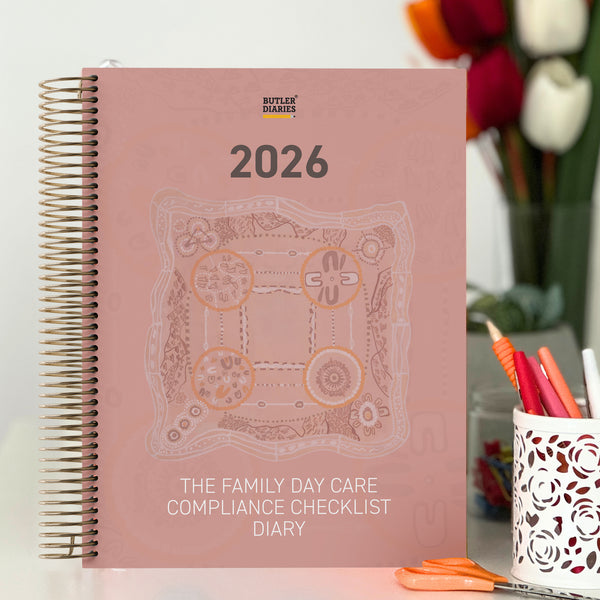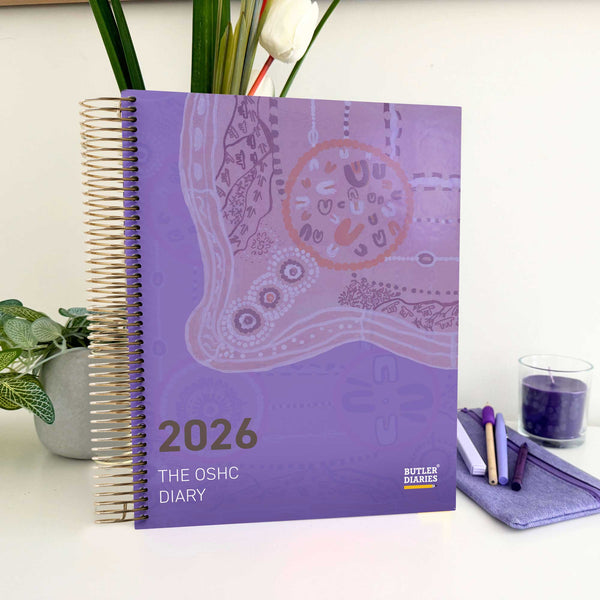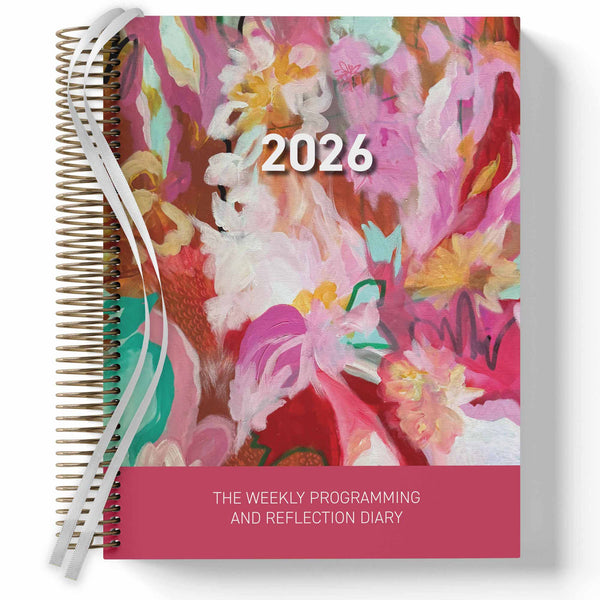You are most likely aware of the updated Food Standard Code 3.2.2A that came into effect on the 8th of December. Since its almost been a month and you may have been busy in the lead up to Christmas, here is a summary to make sure you're on track and ready for 2024.
Early Childhood Services are now Class 1
This means, as a business that serves or handles food for vulnerable people, you are now considered a Class 1 and Category 1 Food Premise.
What Does That Mean for my Early Childhood Service?
This means, your additional requirements are:
- All food handlers are required to complete Food Safety Training,
- A Food Safety Supervisor must be onsite at all times, and
- You will be required to keep records.
Food Safety Training
All food handlers were required to have completed Food Safety Training prior to the 8th of December. You may have only had time to have a few staff members complete the training so now is a good idea to plan training for the remainder who may be required to handle food in the future.
Be aware this includes any educators serving food for example, educators who serve lunch or hand out late snack crackers.
The Food Safety Training is required to be a Level 1 signed off by the RTO or equivalent and must cover at a minimum:
- Safe food handling,
- Cleaning and sanitising equipment and food premises,
- Food contamination, and
- Personal hygiene.
Accurate records are required to be kept onsite for 3 years.
You can use your Cook's Diary or Nominated Supervisor Diary to track staff training using the Professional Development page.

Food Safety Supervisor
Your nominated Food Safety Supervisor and Secondary Food Safety Supervisor should be detailed in your Food Safety Program and one must be on site or reasonably available at all times. Your Food Safety Supervisors should hold a Food Safety Supervisor certificate which is valid for 5 years and a national requirement across Australia.
Record Keeping Requirements
You must have adequate records to show safely:
- Receiving,
- Storing,
- Processing,
- Displaying, and
- Transporting
Potentially hazardous food and your cleaning and sanitising.
Your current Food Safety Program should already be meeting your requirements under the new standards so you shouldn't require any major changes with the exception that your Training Matrix be updated to capture new staff training and all training certificates are valid and readily accessible.
FAQs
1) Does that mean I require a new Food Safety Program? No, you will only need to update your existing program to reflect the changes.
2) Will external audits still be necessary? Yes, you will still be required to have a 3rd party annual audit. Your local council can provide more information on the requirements of your audits.
Related Blog Posts
-
A Peek into the Early Childhood Cook Diary for ECEC with Examples
-
What is the National Quality Framework (NQF) and How Does it Impact My Role as an Educator?
-
NQS 2026 Updates and 2025 Policy Guidelines: Downloadable Resources
-
Tips for Assessment and Rating for Early Childhood Education and Care (ECEC) Services









